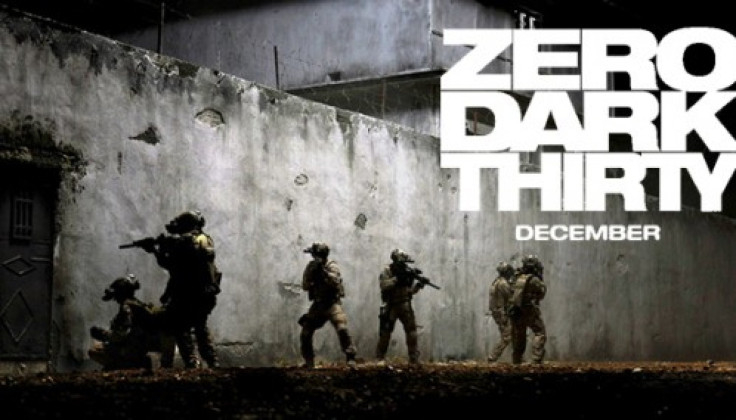Senators Claim CIA Misled 'Zero Dark Thirty' Filmmakers About Waterboarding, Torture Techniques That Led To Bin Laden Capture

Politicians are accusing the CIA of lying to director Kathryn Bigelow and other filmmakers who produced the recent spy thriller “Zero Dark Thirty,” which chronicles the investigation and eventual killing of Osama Bin Laden.
The controversy, which began before many lawmakers even had the chance to watch the film, is over the film’s depiction of harsh interrogation techniques and whether those strategies helped lead to the capture of the terrorist leader.
A three-year Senate inquiry determined that waterboarding and other torture techniques did not lead to information about bin Laden’s whereabouts. The findings of that investigation were seemingly contradicted by acting C.I.A. director Michael Morell when the “Zero Dark Thirty” debuted in theaters.
“'Zero Dark Thirty’ created the strong impression that the enhanced interrogation techniques that were part of our former detention and interrogation program were key to finding Bin Laden. That impression is false,” Morell told the New York Times. “The truth is that multiple streams of intelligence led CIA analysts to conclude that Bin Laden was hiding in Abbottabad. Some came from detainees subjected to enhanced techniques.”
Now, Senators Dianne Feinstein (D-Calif.), John McCain (R-Ariz.), and others are pressing Morell to share exactly what documentation he has to back up his claims and to reveal what details he gave “Zero Dark Thirty” filmmakers. The CIA has said it will cooperate with the request.
While politicians may be questioning the motives behind “Zero Dark Thirty,” movie critics have given it a thumbs up. The film, Bigelow’s follow-up to “The Hurt Locker,” has been met with overwhelmingly positive reviews and has been consistently ranked near the top of best films of 2012 lists.
© Copyright IBTimes 2024. All rights reserved.











